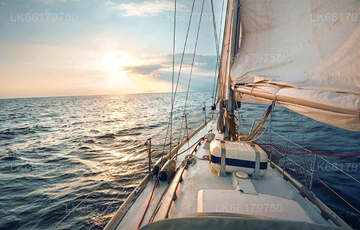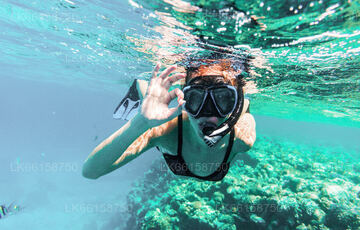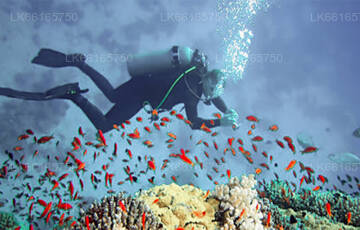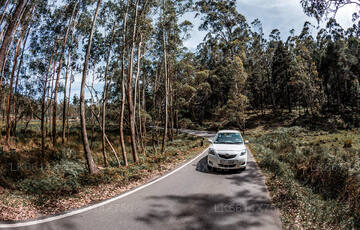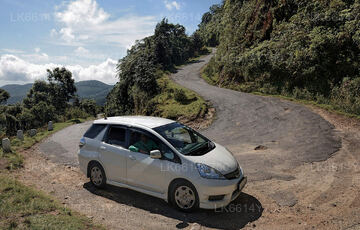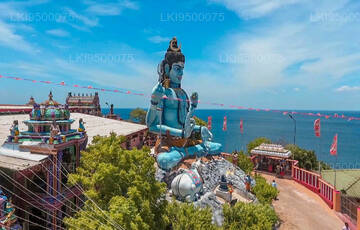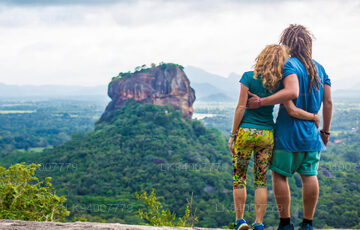

Trincomalee Seaport
Discover the strategic and historical Trincomalee Seaport in Sri Lanka, a bustling hub of maritime activity. This significant port offers vital connectivity for trade and tourism, surrounded by scenic beauty and rich history, making it a unique destination.
Hafen von Trincomalee
Der Hafen von Trincomalee rühmt sich, der zweitgrößte Naturhafen der Welt zu sein, und blickt auf eine lange Geschichte zurück, da er aufgrund seiner schieren Größe und Tiefe, die den Schiffen Sicherheit bietet, von Portugiesen, Niederländern, Franzosen und Briten gehalten wurde innerhalb seiner Bezirke. Für Schiffe aus Ostindien und Nordasien ist dies der nächstgelegene große Hafen Sri Lankas.
Derzeit verfügt der Hafen von Trincomalee über vier Mehrzweckliegeplätze, über 1.750 Meter Kailänge und wickelt hauptsächlich Massengüter ab. Seine Lage, seine Beschaffenheit und die relativ geringe Verkehrsbelastung machen ihn als Reparatur- und Wartungsstandort attraktiv.
About Trincomalee District
Trincomalee is a port city on the east coast of Sri Lanka. The Bay of Trincomalee's harbour is renowned for its large size and security; unlike every other in the Indian Sea, it is accessible to all types of craft in all weathers. The beaches are used for surfing, scuba diving, fishing and whale watching. The city also has the largest Dutch fort in Sri Lanka. It is home to major Sri Lankan naval bases and a Sri Lankan Air Force base.
Most of the Tamils and Sinhalese believe that this place is sacred to them and they are the indigenous people of the area. Trincomalee and its environs have both Hindu and Buddhist sites of historical importance. These sites are sacred to the Hindus and Buddhists.
About Eastern Province
The Eastern Province is one of the 9 provinces of Sri Lanka. The provinces have existed since the 19th century but they didn't have any legal status until 1987 when the 13th Amendment to the 1978 Constitution of Sri Lanka established provincial councils. Between 1988 and 2006 the province was temporarily merged with the Northern Province to form the North-East Province. The capital of the province is Trincomalee. The Eastern province's population was 1,460,939 in 2007. The province is the most diverse in Sri Lanka, both ethnically and religiously.
Eastern province has an area of 9,996 square kilometers (3,859.5 sq mi).The province is surrounded by the Northern Province to the north, the Bay of Bengal to the east, the Southern Province to the south, and the Uva, Central and North Central provinces to the west. The province's coast is dominated by lagoons, the largest being Batticaloa lagoon, Kokkilai lagoon, Upaar Lagoon and Ullackalie Lagoon.

